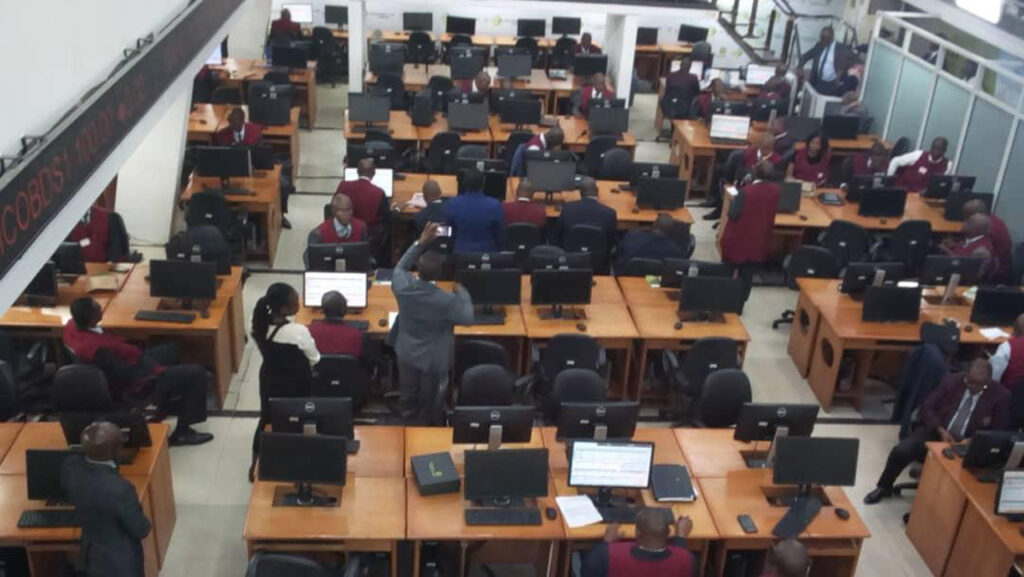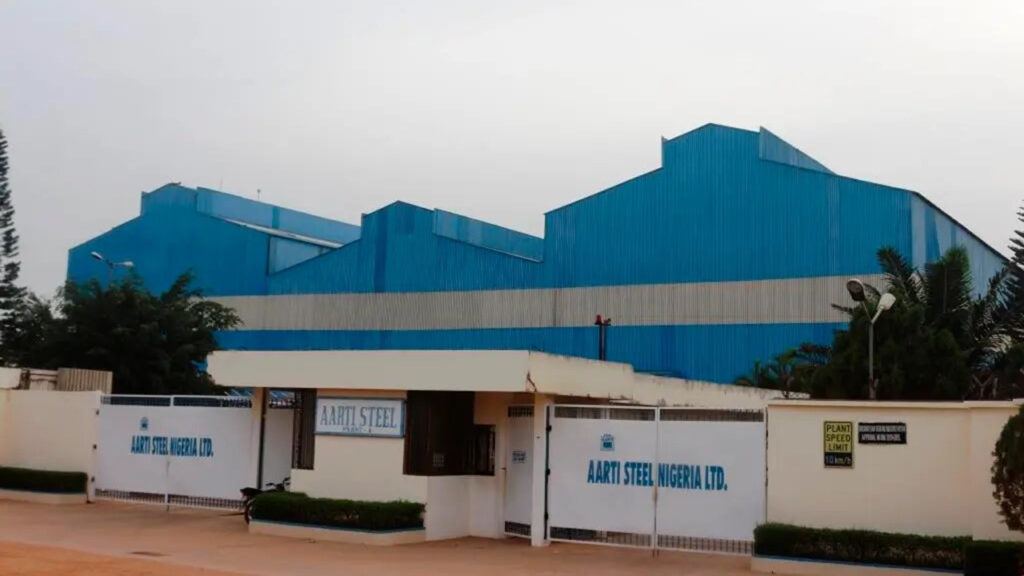
The Indigenous Content Agenda of the Federal Government is yielding positive results as the Nigerian Communications Commission (NCC) revealed that over 100 million Subscribers’ Identity Modules (SIMs) have been produced locally within a year.
NCC’s Head of Financing and Stakeholders Engagement Team, Aderonke Sola-Ogunsola, who disclosed this at this year’s AFRICANXT in Lagos, said that Nigeria could serve as a manufacturer of SIM in West Africa through the Nigeria Telecommunications Indigenous Content of the NCC.
Sola-Ogunsola said that over 100 million SIMs had been ordered by various telecommunications companies, putting an end to the importation of SIM and the attainment of a fully digital economy in Nigeria.
She recalled that at the 2022 Indigenous Content Expo in Lagos, the Federal Government banned the importation of SIMs.
According to her, Nigeria Telecommunications Indigenous Content is to encourage innovation among the youth and promote the digital economy.
“There is the need to ensure that individuals, businesses, and the nation harness derivable benefits and the opportunities offered by the emergent digital culture to improve quality of life, grow businesses, and leapfrog the national economy. This remains the overarching objective of government policies, plans, and strategies,” she said.
The Head, Digital Skills and Services, NCC, Freda Bruce-Bennett, said that Nigeria was rapidly becoming a digital economy, adding that out of seven tech unicorns in Africa, five were Nigerian companies, namely Andela, Flutterwave, Interswitch, Jumia, and Opay
According to her, NCC is working with tertiary institutions and the National Youth Service Corp (NYSC) on how youths could build their capacity.
Head, Spectrum Administration, NCC Abraham Oshadami, noted that the digital economy could not exist without needed infrastructure, saying, “globally, infrastructure is the bedrock for adequate broadband penetration”.
Oshadami said that Nigeria had taken the lead by providing wireless resources because there were policies to deploy the infrastructure and make them work.












